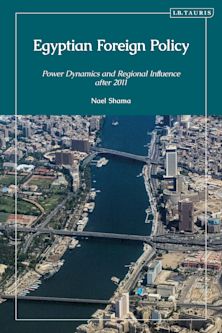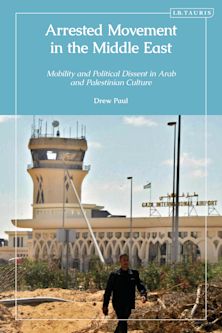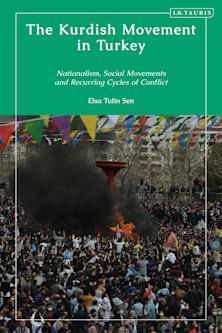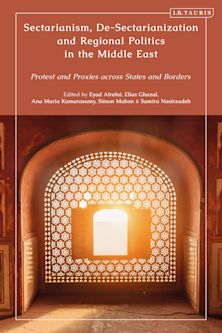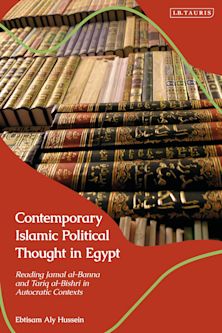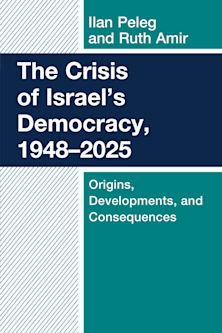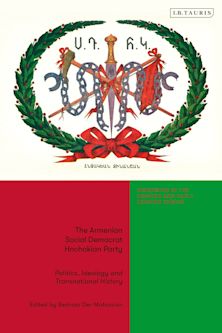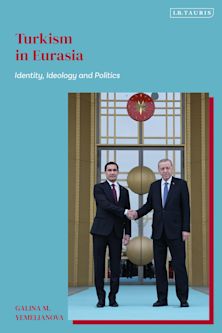Turkey-Russia Relations in the Twenty-First Century
Cooperation and Competition Amid Systemic Turbulence
Turkey-Russia Relations in the Twenty-First Century
Cooperation and Competition Amid Systemic Turbulence
This product is usually dispatched within 3 days
- Delivery and returns info
-
Free CA delivery on orders $40 or over
Description
Turkey and Russia are two of the most significant powerhouses in Eurasia. The foreign policies of two countries directly impact the regional dynamics in Black Sea, Central Asia, Middle East, Eastern Europe, and the Balkan regions. The changes in the bilateral relations between the two countries go well beyond the Black Sea region. In the past, the Russian Empire played a significant role in the collapse of the Ottoman Empire, and Turkey took part in containing the USSR during the Cold War by joining the NATO in 1952. In the twenty-first century, however, Turkey and Russia invested in bilateral trade and established significant partnerships in the strategic defense and energy sectors. In the same period, the competition between Turkey and Russia heightened, giving way to military confrontation in multiple fronts. This book argues that the changing balance of power in the region has triggered adjustments in the foreign policies of Russia and Turkey in the twenty-first century. The decline of the US influence in the region have brought about increased engagement between Turkey and Russia in the form of partnerships and competition for influence.
Table of Contents
Acknowledgments
Abbreviations and Acronyms
Introduction
Chapter 1
Chapter 2
Chapter 3
Chapter 4
Conclusion
List of References
Index
About the Author
Product details
| Published | Feb 05 2025 |
|---|---|
| Format | Paperback |
| Edition | 1st |
| Extent | 180 |
| ISBN | 9781666915754 |
| Imprint | Lexington Books |
| Illustrations | 17 b/w photos; |
| Dimensions | 237 x 161 mm |
| Publisher | Bloomsbury Publishing |
Reviews

ONLINE RESOURCES
Bloomsbury Collections
This book is available on Bloomsbury Collections where your library has access.













